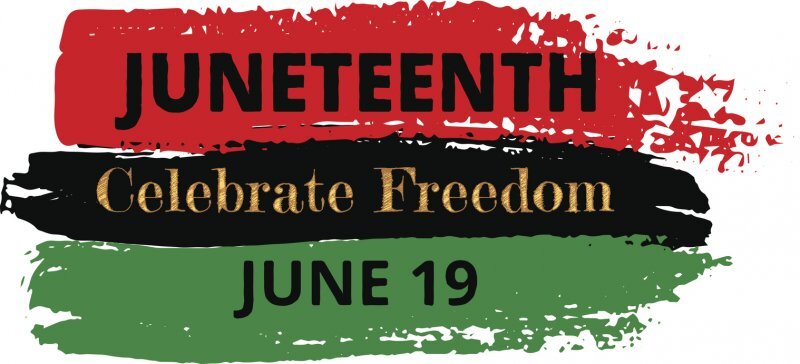Last Summer, Governor Baker designated Juneteenth as an official Massachusetts state holiday. Also known as “Freedom Day,” June nineteenth recognizes an important event in realizing the full emancipation of slaves in the United States.
No Change to Holiday Schedule at UMass Memorial
Most employers, including our hospital, are not legally obligated to recognize the newly designated holiday. Although we urge the hospital to officially recognize this important day, the announcement by the state does not affect the current agreement that SHARE and UMass Memorial about the holiday schedule. (See Contract Page 56 for the holiday policy).
Important Effects of Massachusetts’ Juneteenth Observance
UMass Medical School has already added the holiday to its list of official holidays. The State’s new legal designation also adds June 19th to the list of dates recognized under Massachusetts’ “Blue Laws,” thereby creating time-off and premium pay requirements for retail employers.
Our union and our hospital have more to do to promote the holiday and its implicit call to further racial equity. Juneteenth also served as an occasion for hospital CEO Erick Dickson describe our hospital’s commitment to addressing racial disparities on his Everyday Innovators blog.
About Juneteenth
Governor Deval Patrick first officially recognized Juneteenth in Massachusetts by proclamation in 2007. On the UMass Amherst website, Professor Amilcar Shabazz explains its history, “Many believe that Juneteenth commemorates the end of slavery for all enslaved people in the United States with the signing of the Emancipation Proclamation, but it took more than two years for word to reach enslaved people in the isolated parts of Texas. Many slave owners resisted and refused to free their slaves.
It wasn’t until U.S. Army General Gordon Granger announced on June 19, 1865, in Galveston, that slaves had been freed. “There was a field order that said, ‘here’s what’s going down and if you don’t like it, you’ll face our Springfield rifles.’ When Black people got the word, they took that day off and celebrated their freedom,” said Shabazz. The annual celebration continued on into the 20th century.”
SHARE’S Responsibility to Further Racial Equity
SHARE celebrates diversity and continues to work toward policies and pay structures that foster racial equity in our community. We like how our parent union, AFSCME, puts it: “We at AFSCME will never lose sight of the connection between racial justice and economic justice or forget the Jim Crow roots of so-called ‘right to work’ or any other law that divides us as a nation. As we continue the struggle, we will lean on one of the enduring lessons of black history: a thriving African American community, with economic security and upward mobility, depends on strong unions.”
